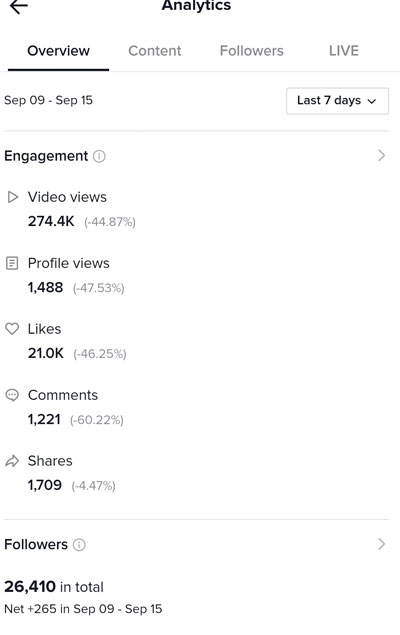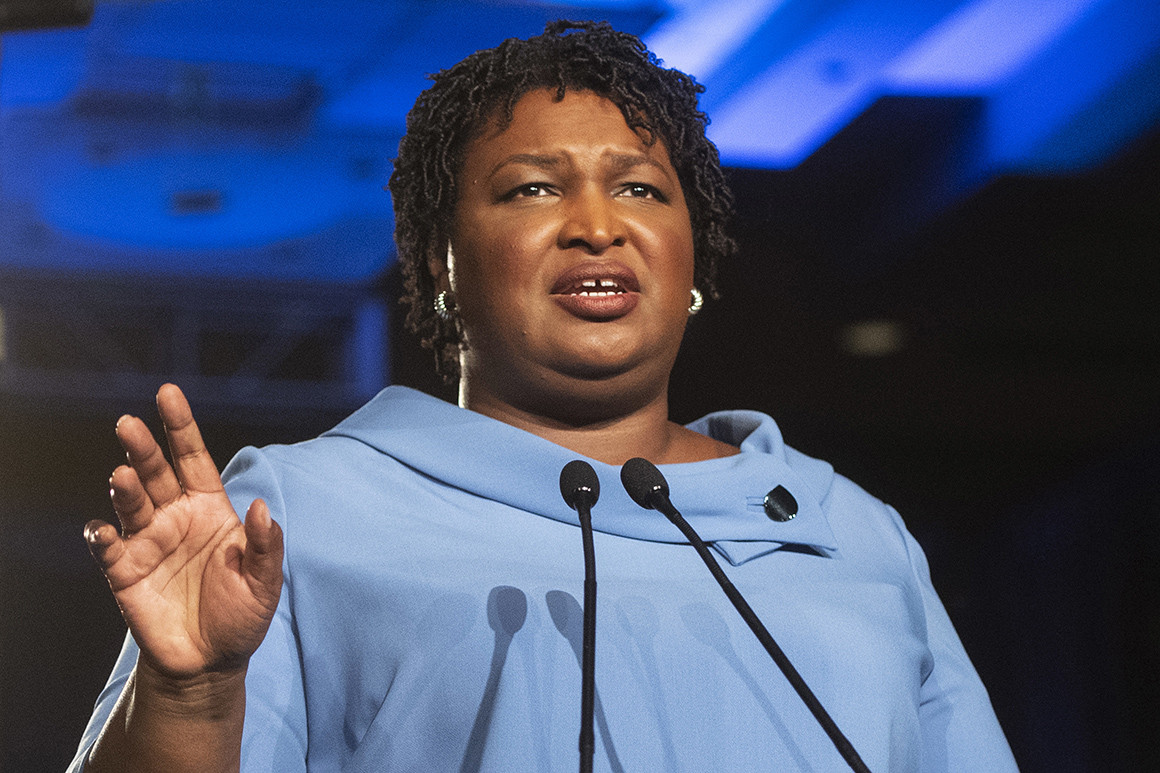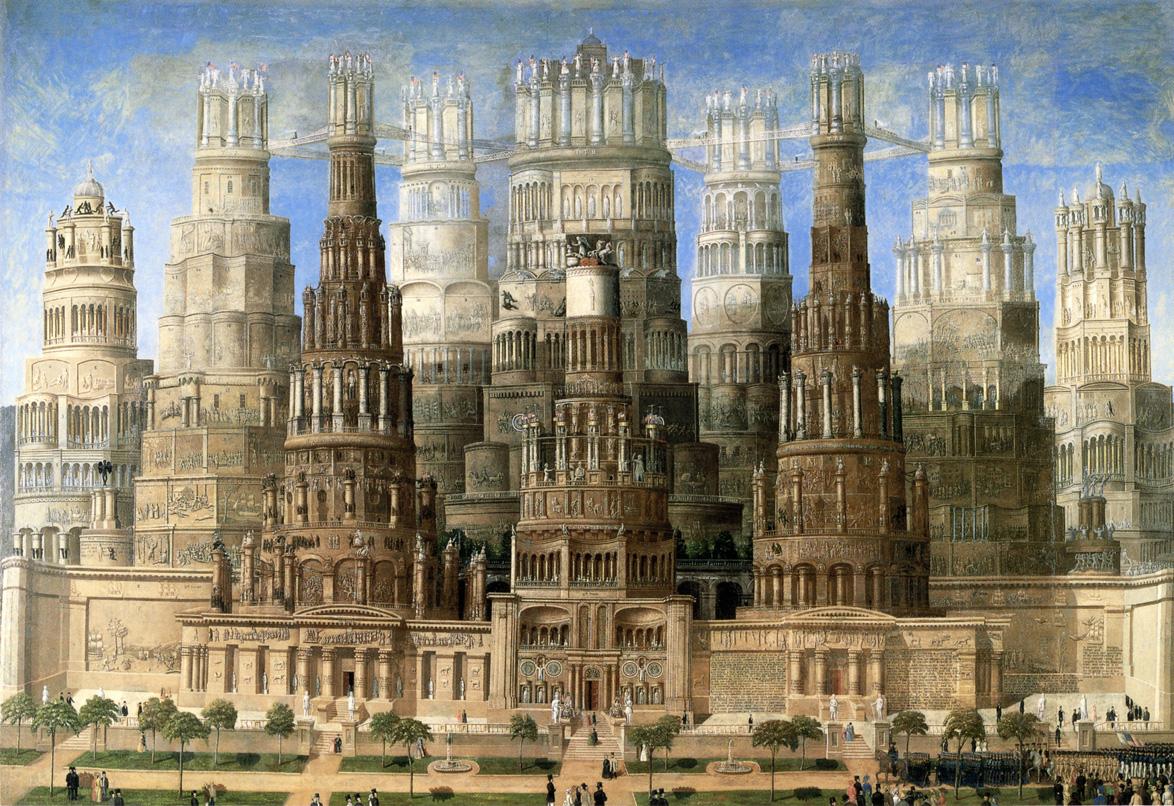This morning, I logged onto my main TikTok account, @finnegansache, only to learn that I had received a permanent ban. I had just come off a seven day ban from posting videos, leaving comments, and even sending direct messages to the many friends I have made across the world. I tend to get one of these seven day bans at least once every month.
It goes down like this: Right-wingers target my account, which presently has 26,410 followers, by falsely mass reporting videos that have managed to get through to a sizable audience (quite a few of my TikToks have had viewership in the six figures) and in which I speak out against Republican tyranny (as well as smug Democratic inaction). But because I have racked up enough community guidelines violations — largely factitious — TikTok hits me with a seven day ban, even when I appeal every single one of these falsely flagged videos and win the vast majority of my petitions.
TikTok’s ongoing censorship of marginalized voices is nothing new, but it has yet to be rectified. And the company’s war on free speech is incredibly dangerous during a time in which we need to hear from those who are denied and restricted from other platforms. In March 2000, The Intercept intercepted internal documents at TikTok that revealed a company edict that ordered the moderators to suppress posts made by the poor, the ugly, and the disabled. Not long after this article dropped, Time reported on Black creators also being suppressed by the shady China-based tech giant. The BBC reported that transgender users were censored. The upshot is that, if you aren’t a wildly attractive, white cis hetero type who never talks politics and who looks good while twerking, TikTok and its moderators will go out of their way to silence you — even when the users enjoy your content.
On my TikTok account, I have spoken out against racism, sexism, transphobia, homophobia, income inequality, climate change deniers, disinformation, fawning Trump acolytes, anti-choicers, sinister misogynists, white supremacists, political corruption, corporate greed, capitalistic ills, the ongoing war on the homeless, conspiracy theorists, and the lachrymose yahoos who attempted insurrection on January 6th. None of these topics are verboten under TikTok’s community guidelines. I have always been a man of the left. A godless heathen who stands for empathy and dignity and human understanding and who isn’t afraid to tell the truth. And because I can’t be bought and because I have always done everything on my own terms (and have won audiences and awards this way), the media ecosystem has gone well out of its way to ignore me or, if they can’t do that, they invent false stories about me. I’ve been kicking around for more than twenty years at this creative game and they’ve never been able to get me on my work. Fragile and talentless egos — which would include the TikTok moderators — tend to be terrified of anyone who pulls a faster gun.
TikTok, on the other hand, has been a welcoming place for an eccentric outlier like me. On TikTok — at least when it works — I’ve been tremendously humbled and honored to listen to other people’s stories and I do my best to live up to my quite accidental and newfound duties of sticking up for the people. With great power comes great responsibility.
Whenever I synthesize recent news into thoughtful and entertaining 60 second videos — all edited in camera with Sam Raimi-style angles to get people to care about increasingly dystopian developments — my TikTok videos have proven to be enormously popular. Perhaps because there is no other voice out there who is speaking out against injustice quite like me and because I have a theatrical panache. I honestly don’t know. I didn’t go onto TikTok to win an audience. It just happened.
Still, I’m cognizant enough to recognize that TikTok — far more than Twitter, Facebook, and Instagram — is the public agora. And if I want to persuade people to give a damn about vital issues, even if it’s only a few dozen, then I have to be on there. And honestly I have enjoyed it.
There are now 1 billion active users on TikTok. If I can get through to at least a small sliver of that vast audience and get them worked up enough to care about social ills or to change things, then, as far as I’m concerned, I’m doing the bare minimum at preventing (or perhaps postponing) the United State of America from sliding into vile despotism. I feel that it is my moral responsibility to raise hell and to call out bullshit in these troubled times and to do so within the framework of the community guidelines. Will I post a thirst trap or dance ridiculously or pick up my guitar and sing and improvise a silly song in order to give people an additional incentive to stand up for abortion rights? You bet your ass I will.
TikTok has also been a healthy outlet for me to perform creative ablutions (roughly six to nine TikToks each day, most of them recorded in one take) just before I roll up my sleeves every weekday morning and get on with the often difficult but always enjoyable business of writing. And, unlike Twitter, I have found that the good people on TikTok are quite capable of behaving like adults, engaging in civil disagreement, and hashing out ideas without getting involved in some jealousy-fueled character assassination campaign predicated upon lies, libel, and unfounded rumors. On TikTok, the Establishment is on an equal footing with the vox populi. Several celebrities have tried to join TikTok and they have been hilariously and mercilessly shot down by an audience that is increasingly less willing to tolerate their clueless and privileged vapidity. The punchy Gen Zers and the fierce millennials on TikTok have restored my faith in the generations who will follow me long after I drop dead. On TikTok, you can’t coast on your fame or your blue checkmark. You actually have to create interesting content that is of the moment. You have to listen to other people. And by simply listening to other people, which I have always done, even a middle-aged punk like me has managed to get through to younger people.
But on TikTok, there’s an altogether different Establishment — a shadow Establishment that is using a wide variety of facile tactics to muzzle anyone who stands against tyranny. The “community guidelines” — much like the constantly revised rules in George Orwell’s Animal Farm — are subject to the whims of some miserable bastard toiling in a 996 perdition.
I can’t win every appeal. Because the TikTok moderators — some of which are reputed to be based in red states and who take out their trauma on those who play by the rules and who work for slave wages — are complicit in silencing my voice. If you mention the Holocaust — even when you are citing specific historical examples — you will be flagged for hate speech — even when you are speaking against hate. If you speak out against bullies, you will be accused of bullying. The TikTok moderators are quite happy to gaslight you. They have deliberately failed to address at least twelve of my videos that were falsely given the ol’ CGV treatment, letting these videos rot in appeal purgatory and accumulate artificial “community guidelines violations” when I have, in fact, not violated any community guidelines in these videos.
While it’s certainly true that my personality defaults quite naturally to anti-authoritarian rebel and that I have a low bullshit threshold, I still abide by community guidelines. And since I tend to be a creative prankster, I decided to prepare 100 TikToks over the course of a week to upload at one time: at the very moment that my latest seven day ban was lifted. This was a ban that was artificially consummated by conservative snowflakes and their willing executioners over at TikTok. (As I said, I won every goddamned appeal against me. But the ban remained enforced.) By the time I had uploaded 45 of these videos, my account was hit with a permanent ban. I had pulled such a stunt before without retribution.
And even though there is no official TikTok policy limiting how many videos one can upload at one time, I was still targeted by the moderators.
Let me be clear that I have had videos falsely targeted for “nudity and sexual activity” when I have merely rubbed my belly while wearing a shirt. I have been targeted for “bullying and harassment” when criticizing the likes of Ron DeSantis and Lauren Boebert for their stupidity and cruelty using objective facts. Meanwhile, sixteen-year-old girls are allowed to dance in skimpy thongs without rebuke and white supremacists and misogynists and pedophiles have been allowed to spread their bilious hatred without being silenced.
 About twenty minutes after I received the “permanent ban,” I learned that my account had been restored, although I was hit with another seven day ban. And it is abundantly clear that the TikTok moderators have gone well out of their way to attenuate my voice. Because when you cannot regularly upload videos, your views, followers, comments, and likes take a significant hit. In my case, I have seen up to an 80% drop in engagement every time I am hit with one of these sham timeouts. (You can see from the accompanying image just how much of a hit I took in the last seven days.)
About twenty minutes after I received the “permanent ban,” I learned that my account had been restored, although I was hit with another seven day ban. And it is abundantly clear that the TikTok moderators have gone well out of their way to attenuate my voice. Because when you cannot regularly upload videos, your views, followers, comments, and likes take a significant hit. In my case, I have seen up to an 80% drop in engagement every time I am hit with one of these sham timeouts. (You can see from the accompanying image just how much of a hit I took in the last seven days.)
And I’m one of the lucky leftists. A wonderful and well-loved user by the name of @mdg650hawk has been forced to create nine separate accounts, six of which have been permanently banned. He now shuffles between his three remaining accounts. He is a voice of progressive sanity. I’ve never seen the man do anything untoward. But the TikTok moderators have it in for him. A user named @levantinewitch has also been banned for leftist sentiments. Or how about Savannah Edwards? Banned for being a progressive and smart-as-hell Black woman. There are hundreds, if not thousands, of vital progressives who are either banned or who are, like me, on the cusp of being banned. None of them violated any community guidelines. Or, if they did, it was certainly not frequent enough to merit an outright gag on their vital work. Their only crime was to speak truth to power and get through to a lot of people. This is a noble and peaceful practice as old as politics. But TikTok seems to act as if a principled stand — one that is only “offensive” to the chickenheads too intoxicated by the rapturous voices of a fictitious deity and an orange-tinted megalomaniac — is on the level of some creepy guy in a trenchcoat flaunting his junk at a playground.
The optimist in me still believes that TikTok has the potential to be the greatest place that the Internet has ever created. But when such a repugnant autocratic streak pours like some white stripe of paint turning an innocent cat into a skunk for Pepe le Pew to woo, one wonders if there’s any hope for democracy. The pungent smell of a corrupt company with corrupt moderators is simply too malodorous for TikTok’s otherwise promising clime. If TikTok cannot fix this problem — and it seems very much that they can’t and they won’t — then it’s time for some tech entrepreneur to roll the VC dice and beat TikTok at its own game. The panoply is too important for us to settle for anything less.




